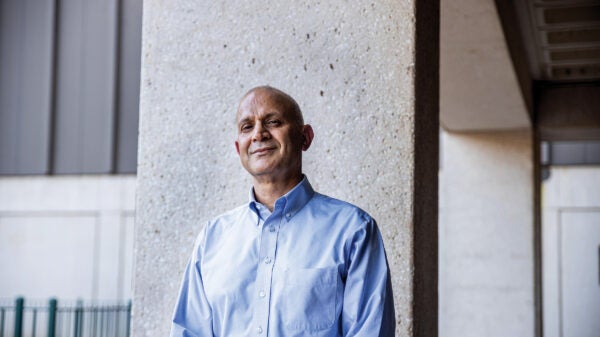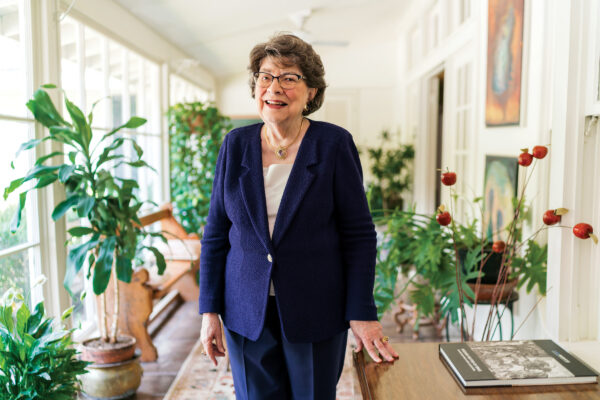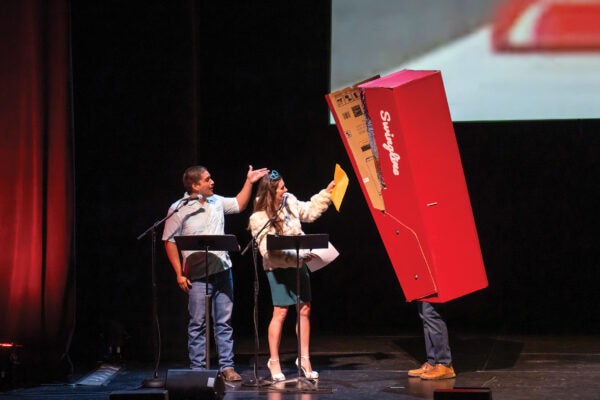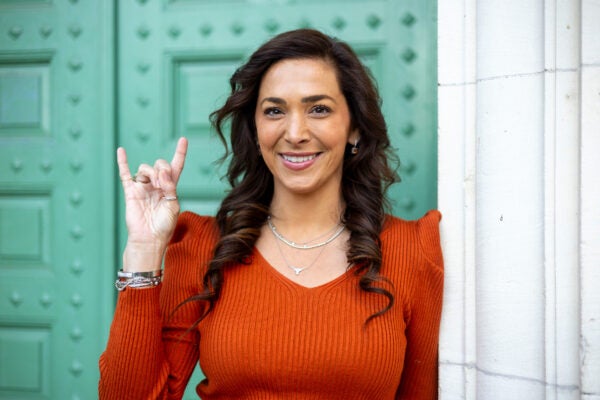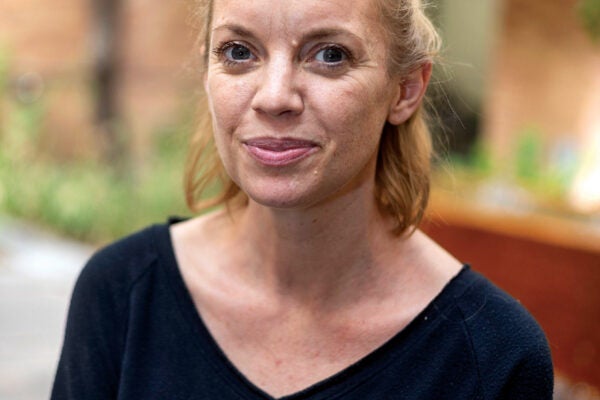Elizabeth Carrow-Woolfolk’s legacy holds layers of accomplishments: her bond with her husband, Robert, an esteemed renaissance man; her devout tenure as a nun within the Congregation of the Divine Providence; her warm hospitality and eloquent conversational finesse; and most prominently, her innovative strides in the field of speech-language pathology.
With her estate, she founded the Woolfolk Center for Language Disorders Research. The center, which announced its opening in the spring of 2023, will use Woolfolk’s original speech pathology tests as part of its effort to create an extensive database to improve diagnostic accuracy and treatment outcomes.
“It’s her legacy,” says John Brejot, director of estate and gift planning for the Moody College of Communication. “She spent her lifetime developing these tests and working with children and adults in speech pathology. This was her way to continue her legacy after she passed and created something that really had never been created before.”
Woolfolk created several speech pathology tests that have since become the gold standard for diagnostics. These tests, such as the Carrow Auditory-Visual Abilities Test, Carrow Elicited Language Inventory, and Test for Auditory Comprehension of Language, will be used in new research in speech pathology. The findings will be used to build a repository of data to home in on diagnoses and treatments of specific issues rather than take a one-size-fits-all perspective.
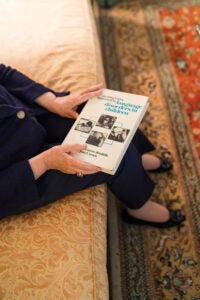
Woolfolk held this vision for a long time and was heavily involved in creating the framework of the center before her death. Brejot says that from her very first meeting, he witnessed a bond between Woolfolk and Rajinder Koul, the chair of the Department of Speech, Language, and Hearing Sciences, as they chatted back and forth about intricacies that were vital to the center’s opening. Brejot was grateful that they could bring in someone with Koul’s level of expertise. Koul quickly committed to bringing her vision to fruition and following the road map she had so carefully laid out.
She would frequently call Koul to discuss the center, wanting to be updated on every detail. Just before Christmas in 2021, Woolfolk spoke to him while he was out shopping with his children. He dropped them off at the mall and spoke with her for 20 minutes, listening to her express how excited she was about the center and all the work there was yet to be done.
“About three weeks before she passed, I was visiting with her,” Brejot says. “She said, ‘John, you know, I’m ready, I’m ready to go. … But I have so many ideas.’ She never stopped thinking and working.”
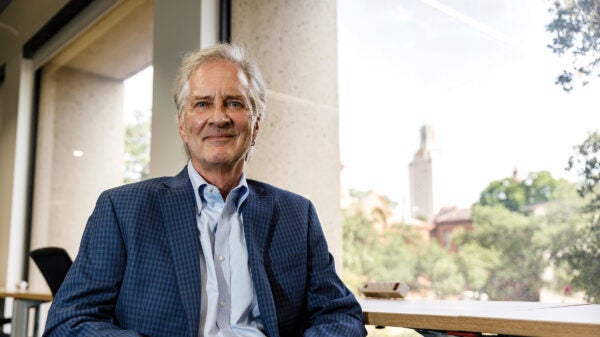
The department invited about 20 of Woolfolk’s family and friends to join staff and faculty at the opening of the center. Together, they celebrated her life’s works and her contributions to language theory and clinical practice.
“It was so gratifying to see people who knew Betty and who knew of her work (at the opening) to celebrate her,” Koul says. “It was also gratifying to me, because I’ve been working with them for about six years, to see how the vision finally came to fruition.”
The department’s goal for the center is to become a global leader in the assessment and treatment of language disorders with one of the most comprehensive databases for speech language disorder testing. These will inform new clinical practices in the future. Brejot says there are plans to eventually share the data with other universities and clinics.
“I think the center has a very bright future,” Koul says. “(The center) will be an excellent site for people who are interested in speech and language diagnosis and treatment to learn from people in the center as well as to share ideas.”
The center strives to continue Woolfolk’s legacy and honor the decades of work that she put toward bettering the lives of people with language disorders, particularly children.
“(The opening of the center) was just one of the proudest moments that I’ve had since I’ve been at UT,” Brejot says. “She was just a wonderful lady.”
